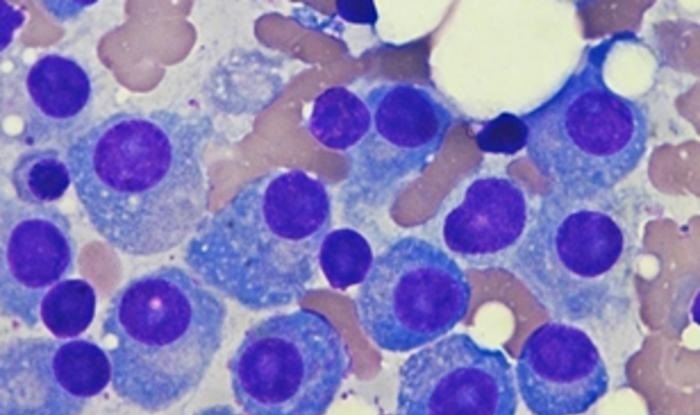Epigenetic Test Could Determine Efficacy of New Immunotherapy Treatments Against Multiple Myeloma
Posted on 11 Oct 2024
Multiple myeloma is a blood cancer that primarily affects individuals over the age of sixty, and its occurrence rises as the population ages. In this disease, the bone marrow—the spongy tissue inside bones that produces normal blood cells—becomes overrun by abnormal plasma cells. Under normal conditions, plasma cells are part of the immune system, helping to fight infections, but in multiple myeloma, they become malignant, damaging the bone marrow and spreading to other areas such as the spine, skull, pelvis, and ribs. While current treatments can manage the disease for extended periods, a definitive cure remains elusive. However, advancements in immunotherapy, including the use of antibodies and engineered immune cells, have opened new possibilities for treating patients who relapse or are resistant to standard therapies.
Now, researchers at Josep Carreras Leukemia Research Institute (IJC, Barcelona, Spain) have demonstrated an epigenetic test that predicts the effectiveness of new immunotherapy treatments for multiple myeloma. In a study published in Leukemia, a journal from the Nature group, the team focused on identifying genes altered in cancer that are involved in immune system function and antigen recognition. This led them to discover a subgroup of multiple myeloma patients with an epigenetic modification in the PVR gene, a key immune system regulator, which resulted in the gene losing its activity.

The researchers observed that patients with this PVR gene defect experienced a better disease progression, leading them to hypothesize that cancer cells in these individuals might be more susceptible to immune system attacks. To test this idea, they used a cellular model of multiple myeloma, eliminating the PVR gene to observe how the cells responded to various immunotherapy approaches, including antibodies, T-lymphocytes, and genetically engineered natural killer cells (CAR-T cells). In all instances, the immune response effectively targeted and attacked the tumor cells in vitro. This discovery could help clinicians identify which patients are likely to benefit most from immunotherapy, improving personalized treatment strategies and clinical management.
“Our results demonstrate that in this malignant blood disease, inhibiting the PVR gene decisively increases the probability of success of immunotherapy,” said Dr. Manel Esteller, ICREA Research Professor at IJC, who directed the research “Now, then, it would be the turn of the pharmaceutical industry and clinical research to bring these results to the bedside of the patient."
Related Links:
IJC













